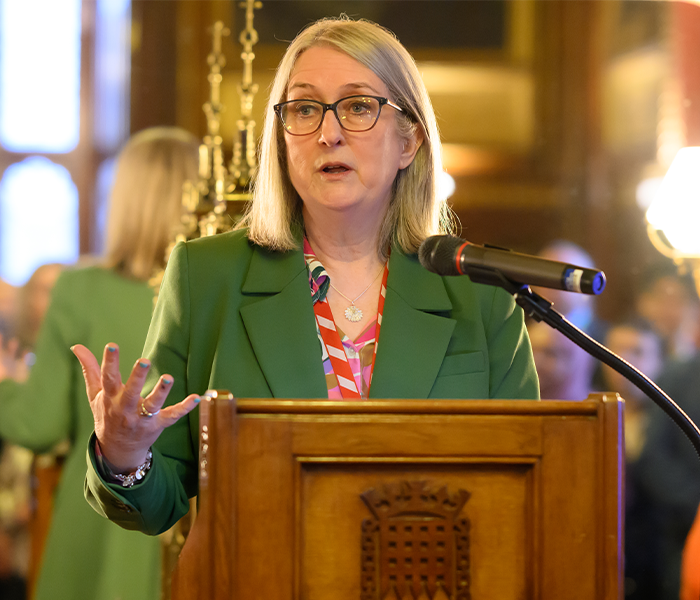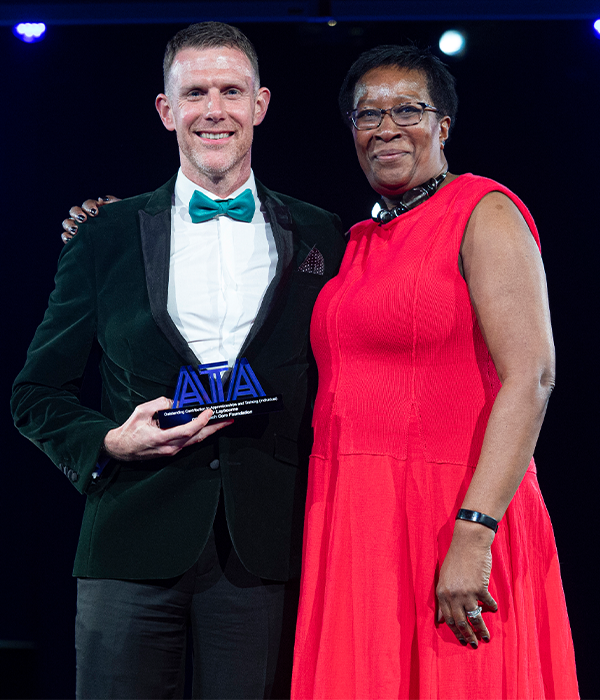The chief executive of a north east college group has been appointed as the next FE Commissioner.
Ellen Thinnesen, who heads up Education Partnership North East (EPNE), will succeed Shelagh Legrave from January.
Legrave has held the job since 2021. Her tenure was due to end in October, but she will remain in post until Thinnesen serves out her notice, FE Week understands.
Thinnesen began her career as a nurse before moving into FE. She worked in senior college posts at Tameside College, Manchester, and Grimsby Institute of Further and Higher Education before becoming principal at Sunderland College in 2016.
While running Sunderland College she led two mergers with Northumberland College and Hartlepool Sixth Form College to create EPNE in 2019.
EPNE, which has about 15,000 students, seven main campuses and an income of about £63 million, was rated ‘outstanding’ by Ofsted last year.
Thinnesen said: “It is a great privilege to be appointed Further Education Commissioner at this crucial time when skills are vital to delivering the government’s missions for growth and opportunity.
“The further education sector plays a critical role in transforming lives and driving economic growth. Looking ahead, it is well-placed to tackle persistent skills challenges, deliver equitable access to quality education, and re-engage those not in education, employment, or training (NEET). By adapting, innovating, and aligning provision with future labour market needs, the sector has a vital role in equipping learners with the skills to thrive in a rapidly changing economy.
“I look forward to working with colleges across England to ensure they are in the strongest possible position to change people’s lives for the better and meet the needs of employers and communities.”
Thinnesen has held several roles alongside her FE college leadership, including as a member of North East Combined Authority’s Business Board and joined the board of housing association Gentoo Group as a non-executive member in 2023.
She is also already one of the FE Commissioner’s national leaders of further education and was named an OBE in the Queen’s New Year 2021 Honours list.
Education secretary Bridget Phillipson said: “I am delighted to appoint Ellen to the vital role of FE Commissioner. Her experience of driving improvement will be invaluable as we work to ensure the FE sector creates the skills our economy and communities need to thrive.
“I would like to thank Shelagh Legrave for her work in the role over the last three years and I wish her all the best for the future.”
The FE Commissioner role was introduced in 2013 as a key adviser to ministers in the Department for Education. The commissioner intervenes in struggling colleges, where visits turn into published reports which assess quality and financial health, as well as the existing governance and leadership.
The post has since evolved to also provide a range of support functions for college leaders, such as independent curriculum efficiency reviews, financial health checks and mentoring for up-and-coming principals.
Its inaugural post holder was David Collins, who was replaced by ex-Exeter College boss Richard Atkins in 2016.
Thinnesen will be the first FE Commissioner to hail from a northern college.
The FE Commissioner leads a team of almost 20 deputy FE commissioners and FE advisers, made up mainly of current and former college principals or deputy principals and directors of finance.
The four-day week role was advertised back in February with a £140,000 salary. It is a three-year term.




